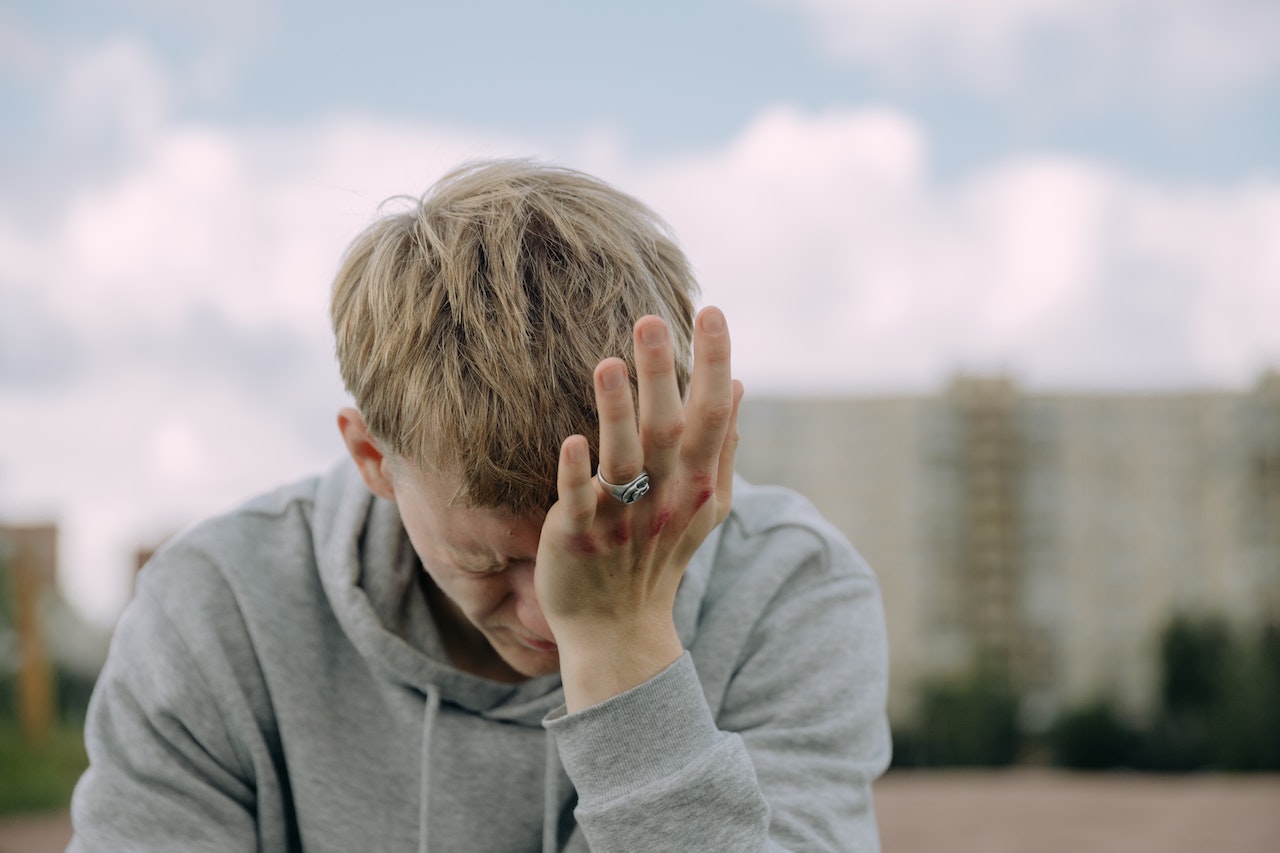
For the past three weeks we have been exploring some of the mental health challenges that many of us and our loved ones face. We noted, for instance, that mental illness can affect anyone of any age. It is not a sign of failure or being a lesser person, nor is it a punishment from God.
Fortunately, there are a range of mental health professionals who can help and a variety of medications that can help alleviate the symptoms, although these often cause unwelcome side-effects.
But what of our spiritual tradition? Is there any wisdom or insight that might add to these other helps? We have drawn on several passages from Paul’s second letter to the Corinthians. In this letter, Paul describes his many physical and mental challenges, including his daily anxiety for all the churches he has founded (2 Cor 11:28). He embraces weakness and afflictions for these allow the grace and strength of God to be more clearly seen in his life (2 Cor 12:9). He further suggests that it is these very frailties and vulnerabilities – the cracks in our lives – that allow the treasure of the gospel message to shine through (2 Cor 4:7).
There are many activities and approaches that can help us maintain our mental well-being. These include time spent in nature, listening to music, having a pet and joining in community. In their different ways, each of these activities points us back to the unconditional yet mysterious love of God and the call of God to love ourselves and to love our neighbour. Many mental health challenges cannot be ‘cured’ but the love and support of a godly community can life make life more bearable.

:format():fill())